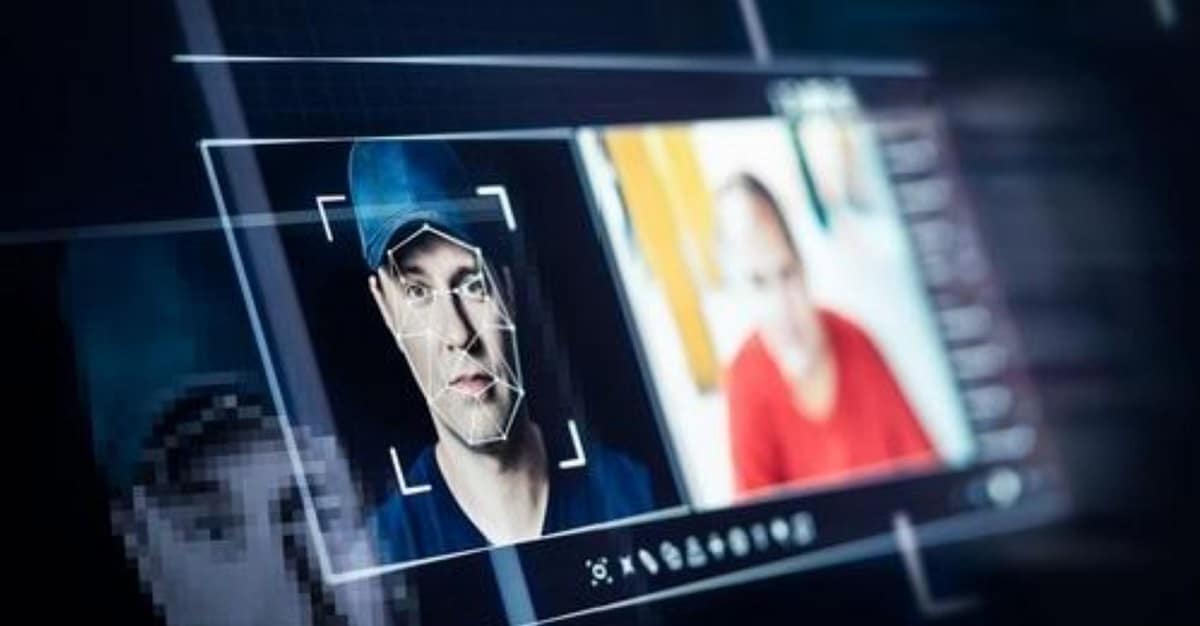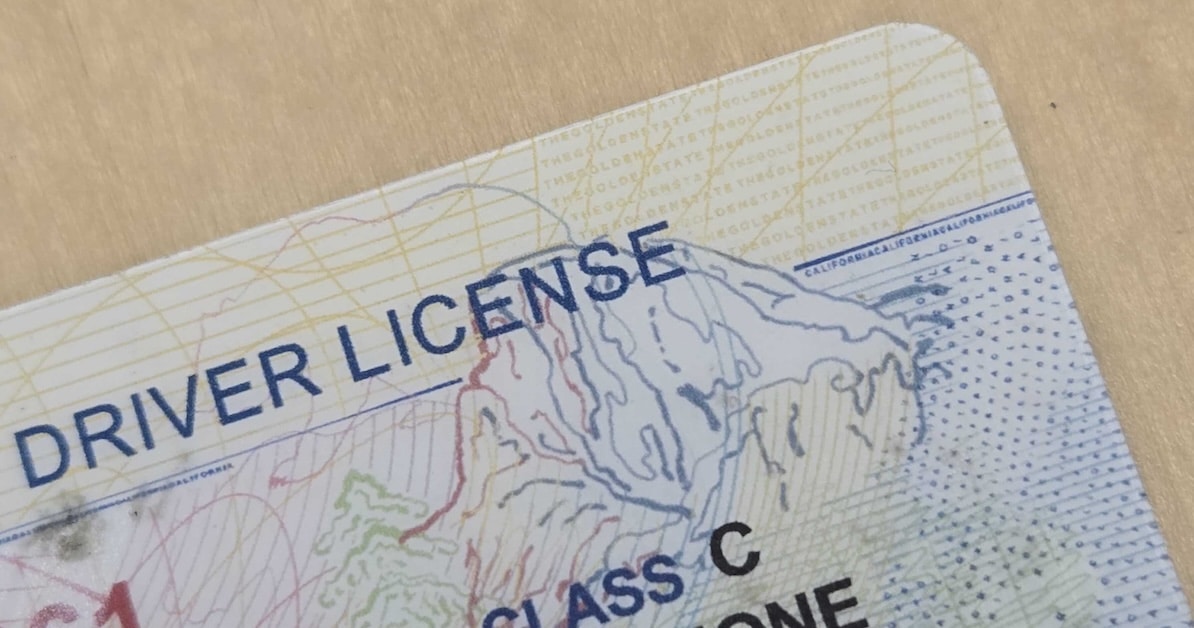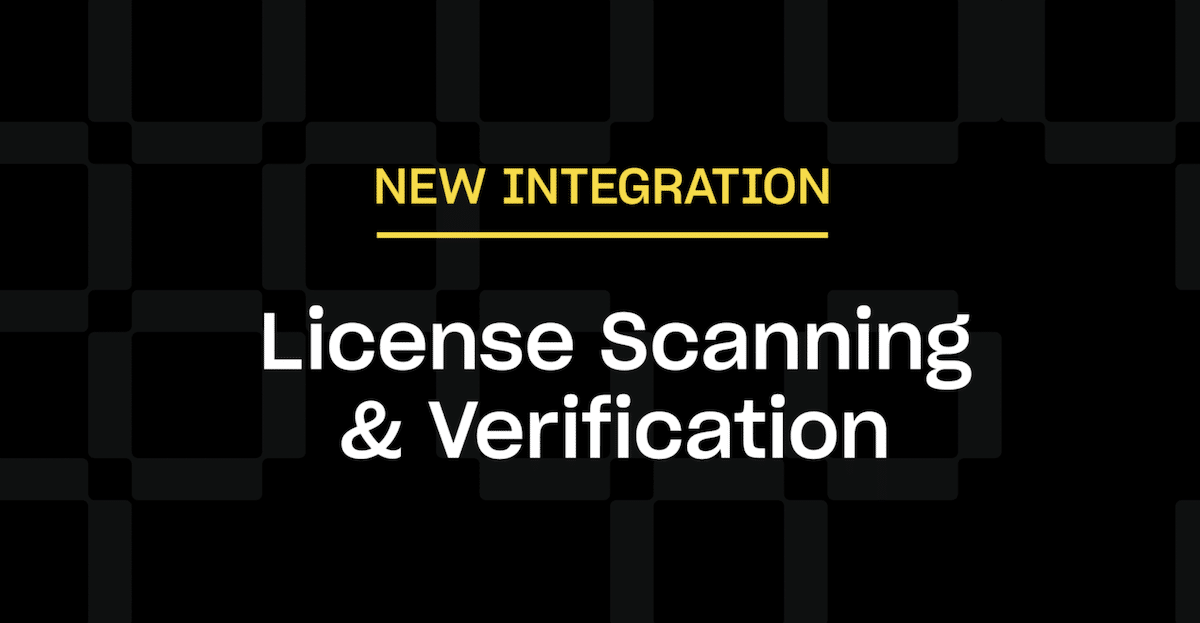The relentless advancements in technology have unlocked a unique and significant challenge for the hospitality industry: the continuous rise of fake ID fraud. This issue transcends location and size, impacting a broad spectrum of establishments within the industry, from hotels and resorts to bars and nightclubs. Every venue faces the risk of fake Id fraud. To put it into perspective, there is an estimated increase of 5 to 20 new ID formats each year in the US alone, making the task of verifying the authenticity of IDs increasingly complex.
Due to the global nature of the hospitality sector, the verification of identity documents from guests worldwide is often required. While fraudsters find new ways to exploit technological advancements to enhance their fake IDs, the industry seeks to leverage this same cutting-edge technology to safeguard against these threats. It’s clear that understanding the mechanisms behind this is crucial for maintaining security and trust within the hospitality industry.
The consequences for the hospitality industry
The impact of fake ID usage is not uniform across the hospitality industry. It varies significantly depending on the type of establishment, reflecting the diverse expectations and risks associated with different venues.
Read more on Hospitality Technology


